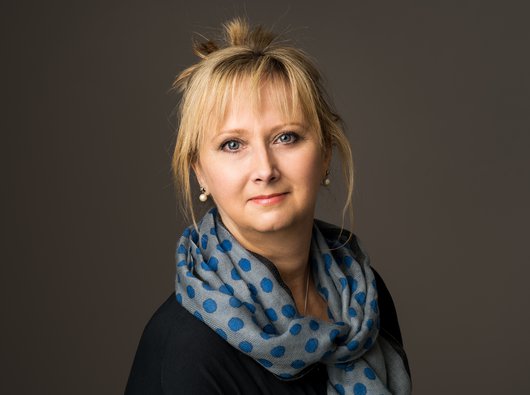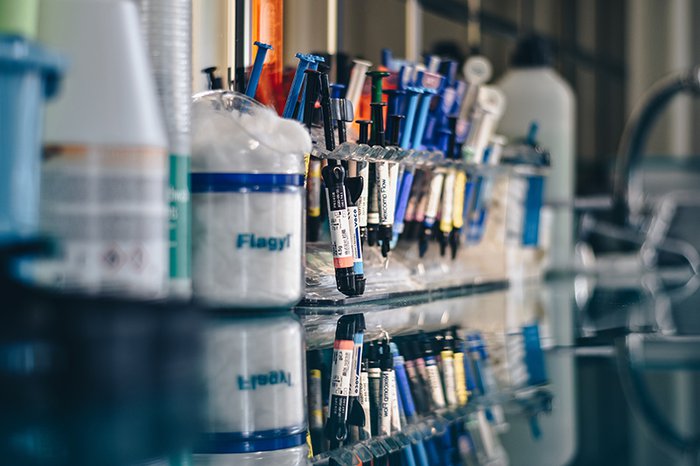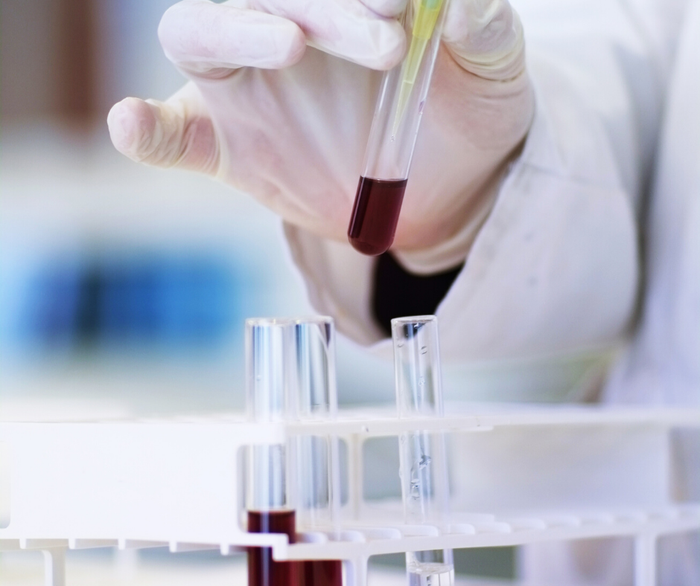The Road to Beating Acute Lymphoblastic Leukaemia
Following a staggering leap in five-year survival rates for acute lymphoblastic leukaemia (ALL) from 5% in 1990 to 67% today, Professor Fielding tells us how we got here, and what we need to do to bring around the day where everyone survives ALL.
Professor Adele Fielding
Professor Adele Fielding is a Professor of Haematology, specialising in the research and treatment of acute lymphoblastic leukaemia. She has recently moved from University College London Cancer Institute to the Centre for Blood Research and Hull York Medical School at the University of York. Adele’s work has been supported by Blood Cancer UK since 1993. She was previously the President of the British Society for Haematology.

I think of all the patients who would have survived if they were treated today
I first looked after patients who were being treated for acute lymphoblastic leukaemia (ALL) in 1988, during my junior doctor training, when I was the ‘houseman’ in haematology at University College Hospital.
My memories from that year are more of the people. I remember attending a party in a patient’s room. He was holding the party because it became clear he wasn’t going to survive his blood cancer. Loads of his family and friends came, there were drinks, loud music and even some dancing.
In those days, this sort of thing was allowed, just as it was allowed for a patient’s horse to visit them on the ward to say goodbye. This gentleman gave me his New York Yankees baseball cap as a keepsake. I still have it. He was in his early 20s, genuinely full of life until the very moment he wasn’t.
He'd received chemotherapy treatment on a trial called UKALL10. It didn’t work, and he went through additional gruelling chemotherapy to try and treat his disease, but that didn’t work either. He had no siblings, which meant he couldn’t have a potentially curative transplant, as in those days it was thought that stem cell transplants were only safe if they came from a sister or brother.
These days it’s very rare not to find a suitable donor for those who need a transplant.
This gentleman gave me his New York Yankees baseball cap as a keepsake. I still have it. He was in his early 20s, genuinely full of life until the very moment he wasn’t."
If he were treated now, he'd be treated in a specialist young adult unit and would likely be cured as is the case for the vast majority of people in their 20s these days. Although we still use many of the same drugs to treat ALL, the intensity and timing of the treatment is very different, as is the supportive care which enables people to safely receive these treatments.
When I was treating this patient, things were starting to improve for people diagnosed with ALL. By the 1990s, survival in adult ALL had increased from a 5‐year disease‐free survival of 5% to 38%, and things have moved on much more since then and various breakthroughs have contributed to this.

The advances we’ve made in treatment have been game-changing
The biggest single change was the introduction of drugs called tyrosine kinase inhibitors (TKIs) to treat a specific type of ALL called Philadelphia chromosome positive ALL. This took the disease from a universally poor prognosis to having an arguably better outcome than Phildelphia chromosome negative ALL. As well as this, we suddenly had access to huge amounts of data from clinical trials around the world showing that young adults have a better outcome when they’re treated like younger children. That has changed practice permanently.
For older adults, the development of a new way to give people a stem cell transplants, which made initial treatment much less intense, extended the number of people we were able to offer transplants to. This was a huge step and happened fairly rapidly.
Right now, we’re learning more about how we can harness our own immune systems to destroy cancer, and immunotherapies are starting to have an impact for people with ALL, which I hope will continue.
I’d like to see chemotherapy become a treatment of the past
All of this means that at the moment, 5-year survival for people with ALL is 67%. I don’t know if we’ll ever reach that 100% survival statistic, but most children diagnosed with ALL are now cured, and I do think it’s realistic that the developments we’ve seen for children will extend up the age spectrum so that within 30 years most adults may also be cured.
In that time, I'd like to see the majority of patients being treated with minimal or no chemotherapy. A chemotherapy-free treatment for people with Philadelphia chromosome positive ALL is already being studied in clinical trials and the data so far looks promising.
It’s not just the cancer that’s important to study, it’s the environment around it, too
We can now identify certain types of ALL that will respond less well to chemotherapy, but we don't know if the same holds true for response to immunotherapies. We need to know much more about the environment that exists around a tumour, and how non-cancer cells may control how cancer cells behave. We don’t know a lot about this at the moment and I think this could provide us with new ways to target ALL.

There could be bumps in the road
I can see there being potential barriers to progress, and none of them are specifically about ALL. All UK research labs have seen a huge hike in the cost of buying equipment used in the lab and it now takes much longer to arrive. This means that, day to day, things are slower. The political situation around the world is as unstable as it has been since I can recall, which limits international cooperation and might limit the progress we’re able to make, but I do believe that if we overcome these barriers, we will make changes for people with ALL.
The ALL research community is strong in the UK and there is a lot of collaboration that happens between labs across the world. Many patients and their families I talk to are surprised to hear that the UK remains an international leader in recruiting people to clinical trials and generating practice-changing data. They're also surprised to hear that ‘we all know each other’, but we do. ALL is a relatively rare disease. People working on it across the world are constantly meeting, exchanging information, challenging and helping each other. As much as there is an element of healthy competition, there is also huge cooperation across international borders and that will really help accelerate progress.
Investing in the best research is how we beat this
To get to a place where more people survive the disease, we need to continue to invest in research. Every penny makes a difference. In the UK, in contrast to many other countries where the government is the main funder of research, the charity sector funds a very significant amount. The benefits of that research in ALL are incredibly obvious. So much progress has been made and as a result of that so many more people can walk away from treatment cured.
We need to get to the point where therapy is quicker, safer and easier as soon as we can. I feel we are on the brink of treating many more patients with chemotherapy-free approaches. It feels very urgent to me, right now, to make that happen.
Interested in hearing more?
Sign up to our Enewsletter to stay updated on our research
We will keep you updated about our work and the ways you can help, including campaigns and events. We promise to respect your privacy and we will never sell or swap your details.
